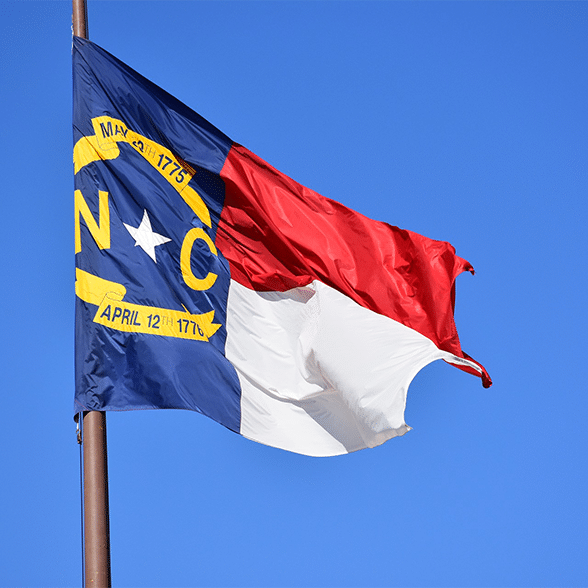 In a spirited debate at NTCA’s Annual Meeting, taking place this week in Dallas, National Broadband Plan author Blair Levin suggested that the business model of rural broadband is fundamentally flawed and the national broadband plan, while not perfect, is trying to fix it. Needless to say, the audience of rural telcos which make up NTCA’s members were not flattered.
In a spirited debate at NTCA’s Annual Meeting, taking place this week in Dallas, National Broadband Plan author Blair Levin suggested that the business model of rural broadband is fundamentally flawed and the national broadband plan, while not perfect, is trying to fix it. Needless to say, the audience of rural telcos which make up NTCA’s members were not flattered.
Blair Levin debated rural telco CEO’s Delbert Wilson of Hill Country Telephone (Ingaram, TX) and Randy Houdek of Venture Communications (Highmore, SD) during an NTCA general session. The debate was heated at times and touched on issues that are on the minds of rural broadband providers. Specifically, what’s the best and most efficient way to bring broadband to all of rural America?
Levin argued that the current rate of return system, which NTCA members currently use to build their broadband networks, will not work and needs to be revamped. He stated it is a legacy regulatory scheme developed for a voice world that has long since passed. He urged NTCA members to “cut a deal” now on universal service reform while they still can, because “the longer you wait the worse your options,” he said. His main argument is that rate of return regulation benefits too small of a group, arguing that a select few rural networks get to build a “Maserati style broadband network, offering Ferrari type speeds, at Corolla retail prices,” while other citizens in rural America have broadband options more akin to “walking.” He went on to say that NTCA members are “living in a bubble.” Ouch.
Wilson and Houdek respectfully disagreed, arguing that rate of return works quite well, highlighting that rural Americans served by rate of return companies have excellent access to broadband, while companies that have so called ‘incentive regulation’ offer poor broadband options. Wilson went on to say that “rate of return should be expanded, not ended.” Policymakers should look at what’s currently working and emulate it, not dismantle it, he argued.
Houdek also suggested that Levin and other Washington policy wonks use extreme cases, citing a Washington state rural telco which gets $17K per access line per year support, as ammunition to try to discredit the current system. He said a more accurate representation is his own company, Venture Communications, which gets on average a little over $200 per access line per year, which allows him to bring broadband to his customers and “employ great people.”
The arguments were passionate and the debate quite raucous by NTCA meeting standards. It kind of mirrors the overall debate taking place within the telecom industry regarding the national broadband plan and universal service fund reform. There’s a lot at stake and a lot of fear, justifiably so. Perhaps Levin summed up his and other advocates of the NBP and USF reform best when he stated that government policy’s role in this process cannot be to remove fear and guarantee success for any one. On the contrary, he argued that fear is necessary in a capitalistic system, because lack of it causes companies and industries to get too comfortable. Apparently he and policy wonks like him think that’s where many rural telecom providers are – in a comfortable bubble – one that he thinks needs to pop.


